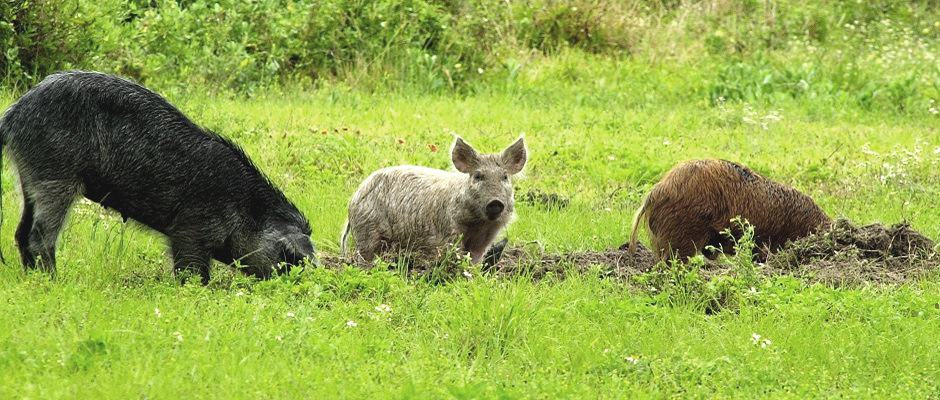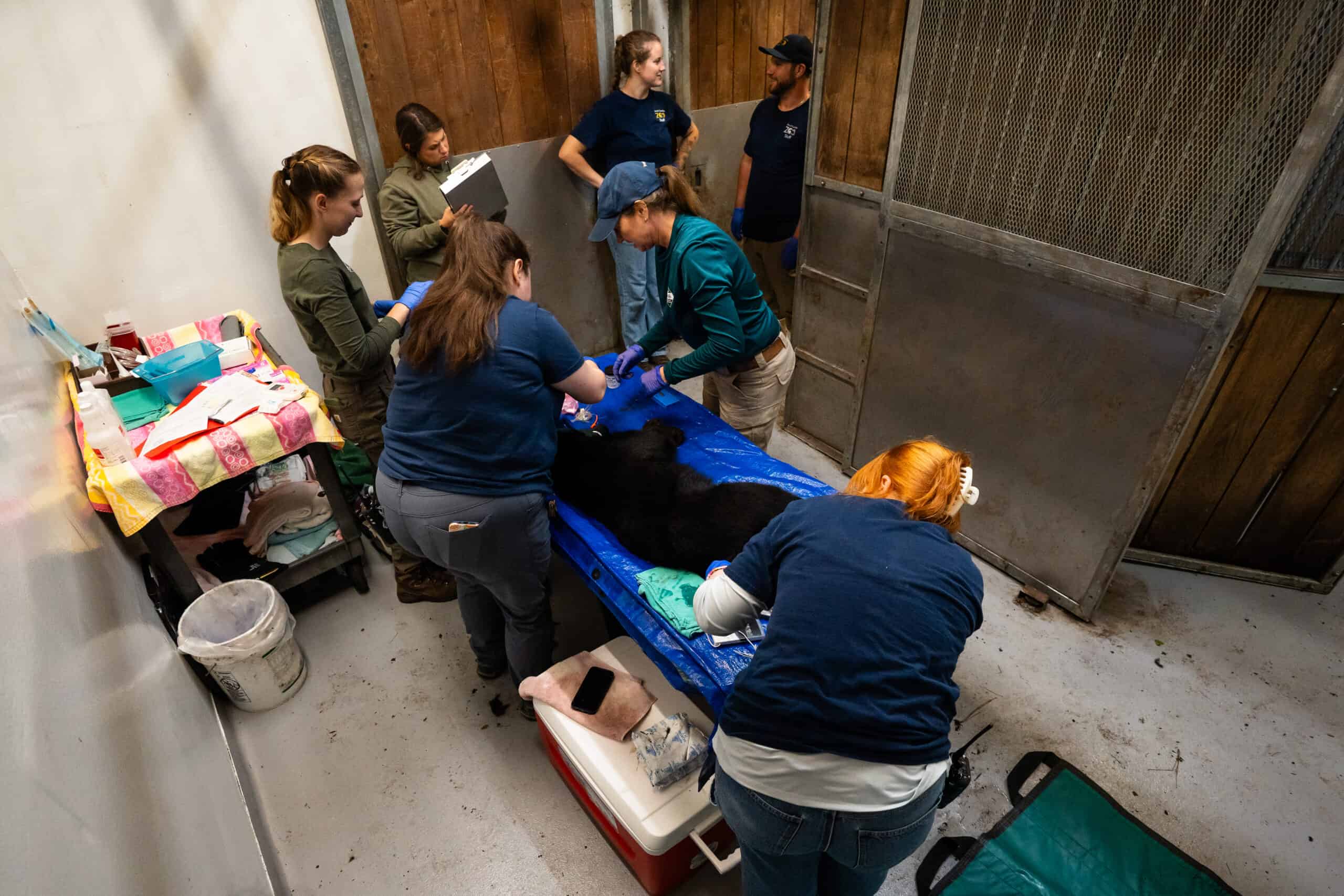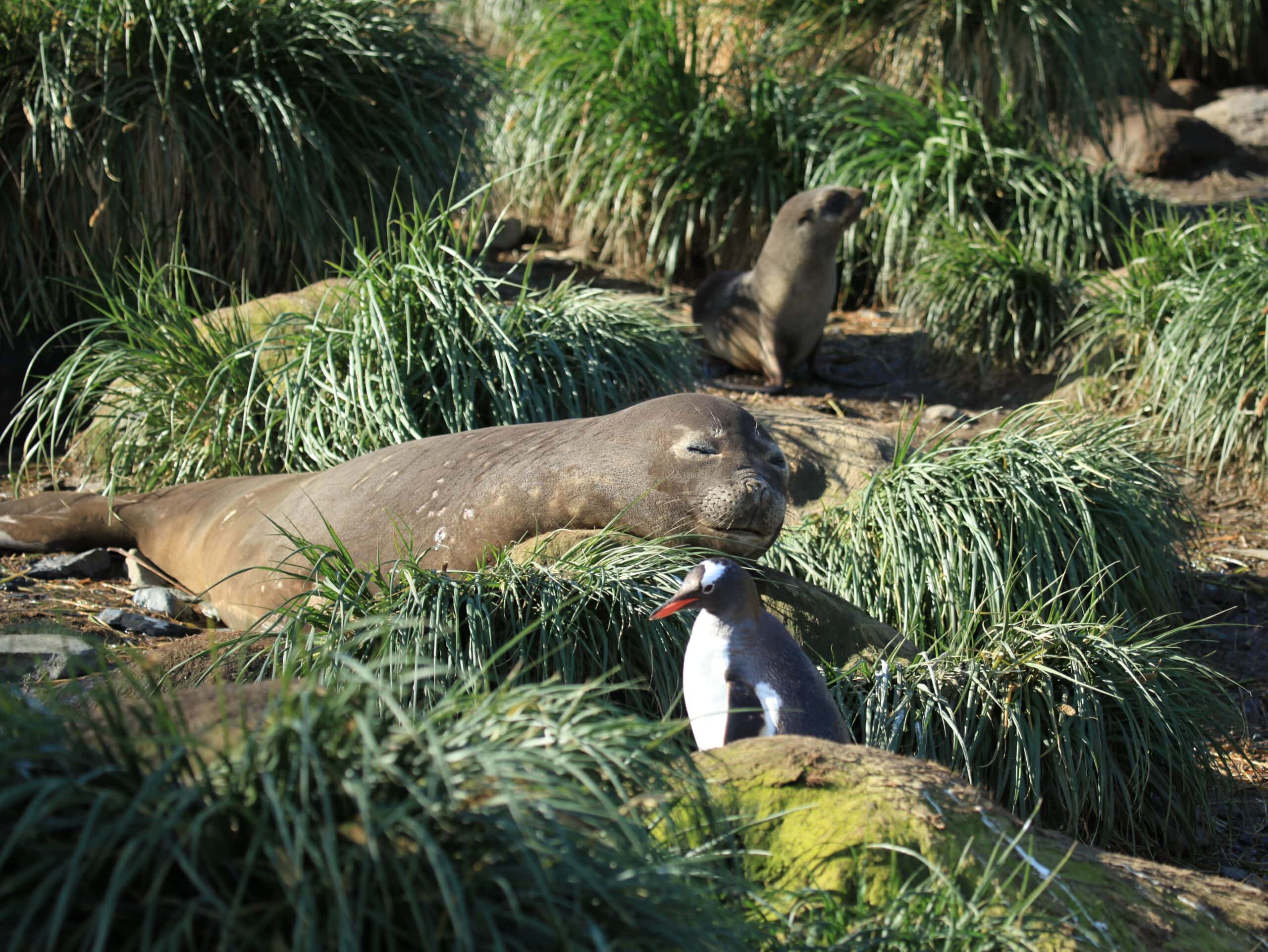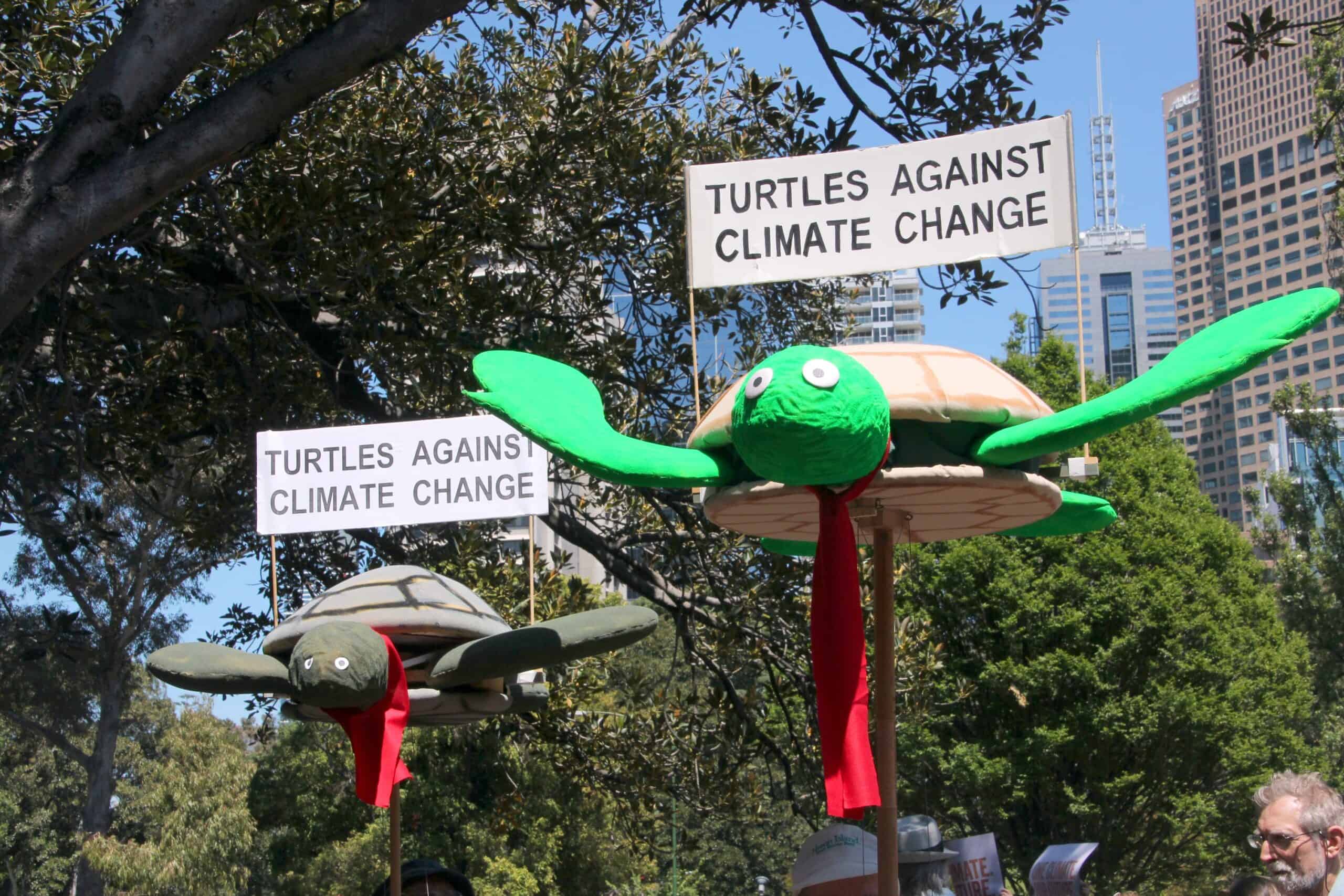Share this article
NECIS sends letter to EPA on Kaput Feral Hog Bait
On Jun. 2, the National Environmental Coalition on Invasive Species (NECIS) sent a letter to U.S. Environmental Protection Agency Administrator Scott Pruitt urging the agency to immediately suspend or cancel the registration of Kaput® Feral Hog Bait.
NECIS is a partnership of environmental organizations and professional societies dedicated to strengthening the nation’s response to invasive species, with a particular focus on preventing new invasions. The Center for Invasive Species Prevention, National Wildlife Federation, The Wildlife Society, and American Bird Conservancy – all member organizations of NECIS – signed on to the letter. The organizations recognize the negative impacts of feral hogs (Sus scrofa) as a nuisance invasive species throughout much of the U.S. and support collaborative and aggressive approaches to managing feral hogs. However, the groups caution against the use of Kaput®, a warfarin-based pesticide, for feral hog control until it is clear that all non-target wildlife and public health impacts have been fully evaluated by the federal government. EPA fast-tracked the approval of Kaput® for use on feral hogs in Jan. 2017.
The active ingredient in Kaput®, warfarin, is an anticoagulant currently utilized in blood thinners and as a poison for small rodents and moles. As a result of EPA approval, state officials can now consider this product for use as a feral hog control agent. Scimetrics, the company that sells Kaput® products, recently withdrew a request for registration of the product within the state of Texas after pending lawsuits and legislation arose in an attempt to block this method of control.
A letter sent to the EPA by the Association of Fish and Wildlife Agencies (AFWA), which also requests the suspension or cancellation of Kaput®, is referenced in the NECIS letter. Both letters describe the pathways in which native wildlife species may be exposed to Kaput® resulting in lethal or sub-lethal impacts. Non-target species may be impacted by direct consumption of the bait or exposure to spilled bait as well as contact with feral hogs following death. Feral hogs harvested by hunters also could pose a health risk to human populations.
The four NECIS member organizations stress the need to gather more information in order to properly reevaluate Kaput® and, along with AFWA, request that the EPA “suspend or cancel the registration of this product until such a time that formal consultation can be completed with the United States Fish and Wildlife Service, the United States Department of Agriculture, and the Food and Drug Administration.”
Read TWS’ Issue Statement on Feral Swine in North America.
Header Image: ©NASA








